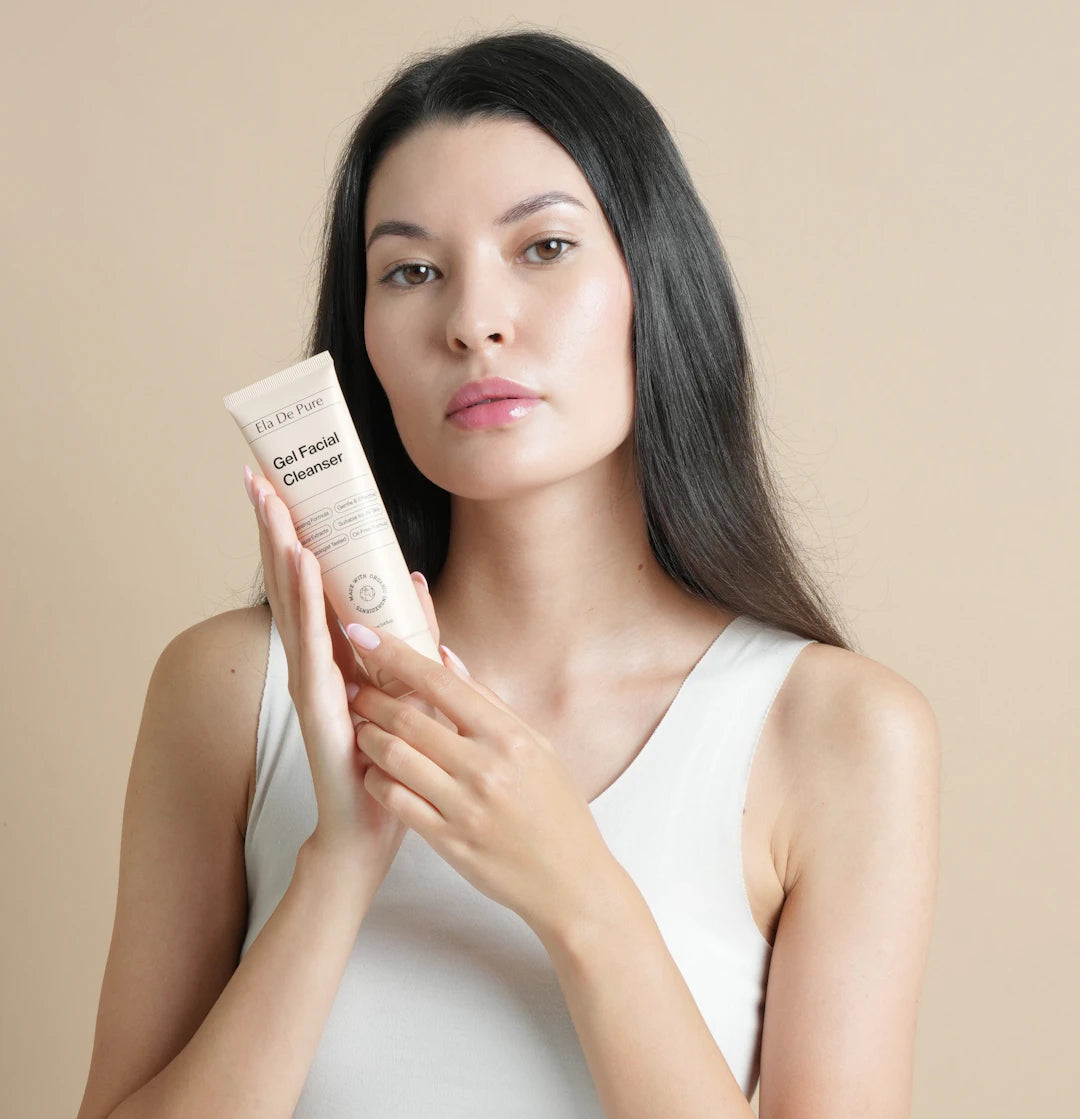Stress and Skin: Understanding the Impact and Remedies

Frequently Asked Questions
1. How does stress affect my skin?
2. What are common skin issues associated with stress?
3. What remedies can help combat stress-related skin issues?
4. How important is hydration for skin health?
5. What role does sleep play in skin health?
In today's fast-paced world, stress is an unavoidable part of life. While it's commonly known for its emotional toll, many often overlook how it profoundly affects our skin. From breakouts to premature aging, the skin is a canvas that reflects our internal struggles. In this article, we’ll explore how stress affects your skin and provide effective remedies to help you combat its negative effects.
Understanding the Connection Between Stress and Skin
Stress triggers a series of physiological responses in the body, which can have significant consequences for our skin. When we experience stress, the body produces higher levels of cortisol, a hormone that can lead to several skin conditions. Understanding how these processes work is key to managing skin health effectively.
The Role of Cortisol
Cortisol, often referred to as the stress hormone, can lead to increased oil production in the skin. This excess oil can clog pores, resulting in unwanted breakouts and acne. Additionally, cortisol can impair the skin's ability to retain moisture, leading to dryness and irritation.
Inflammation and Its Effects
Stress is also known to trigger inflammatory responses within the body. This inflammation can manifest on the skin, leading to conditions such as eczema, psoriasis, and even rosacea. Understanding this connection is crucial for those who may experience flare-ups relating to stress.
Common Skin Issues Caused by Stress
As stress impacts our hormones and immune system, the consequences on our skin can be wide-ranging. Below are some common skin issues associated with stress.
- Acne: Stress-induced oiliness can cause or exacerbate acne breakouts.
- Dryness: Reduced moisture retention makes the skin appear dull and flaky.
- Wrinkles: Stress can accelerate the aging process, leading to premature fine lines and wrinkles.
- Rashes: Increased inflammation can lead to various skin rashes or exacerbate existing conditions.
- Dark Circles: Lack of sleep often associated with stress can result in tired-looking eyes.
Effective Remedies to Combat Stress Affects on Skin
Fortunately, there are numerous strategies to mitigate the effects of stress on your skin. Below are effective remedies that can restore balance and promote healthier-looking skin.
Mindfulness and Relaxation Techniques
Incorporating mindfulness and relaxation techniques into your daily routine can significantly reduce stress levels. Practices such as yoga, meditation, and deep-breathing exercises are not only beneficial for your mental health but also have a calming effect on the skin. Consider setting aside at least 10-15 minutes a day to focus on these practices.
Hydration is Key
Keeping your body hydrated is essential for maintaining optimal skin health. Drinking plenty of water helps flush toxins out of your system and retains moisture in your skin. Aim for at least eight glasses of water daily and consider incorporating hydrating foods like cucumbers, oranges, and berries into your diet.
Skincare Routines That Help
An effective skincare routine is a vital part of managing stress-related skin issues. Here are some steps to consider:
- Gentle Cleansing: Use a gentle, non-comedogenic cleanser to avoid irritating stressed skin.
- Moisturizing: Invest in a good moisturizer to counteract dryness and keep your skin hydrated.
- Chemical Peels: Depending on your skin type, a chemical peel can help stimulate cell turnover, reducing signs of stress such as dullness and uneven texture.
Healthy Diet Tweaks
Your diet directly affects your skin's health. Incorporating antiaging foods rich in antioxidants can help combat the visible signs of stress on the skin. Consider including:
- Fruits and vegetables, particularly berries, spinach, and kale, which are high in vitamins A and C.
- Omega-3 fatty acids found in fish and flaxseeds, which are beneficial for skin elasticity.
- Green tea, which is packed with antioxidants that can fight premature aging.
The Power of Sleep
Sleep is crucial for overall health, and it plays a significant role in skin repair. Insufficient sleep can exacerbate stress levels, leading to dark circles and dull skin. Strive for at least 7-9 hours of quality sleep each night. Consider establishing a nightly routine to signal your body that it’s time to wind down.
Professional Treatments
Sometimes, a professional touch is necessary to rejuvenate stressed skin. Treatments like facials and chemical peels can provide a deeper level of care. A chemical peel, in particular, can help remove dead skin cells and improve skin texture by promoting cellular turnover, which is beneficial for combating stress-induced skin issues.
Finding Balance for Healthy Skin
The journey to healthier skin is about finding balance and understanding the underlying causes of skin issues. Stress may be an inevitable part of life, but managing its effects on your skin is possible with the right mindset and practices.
Lasting Changes for Skin Resilience
Developing long-term strategies to cope with stress is essential for maintaining healthy, radiant skin. A combination of lifestyle changes, skincare routines, and professional treatments can help mitigate the impacts of stress on your skin.
Remember that every individual’s skin is unique, and what works for one person might not work for another. Listen to your skin, consult with a skincare professional when necessary, and don’t hesitate to make adjustments to your routine as needed.
By taking proactive steps toward managing stress, nourishing your body with the right nutrients, and investing in a diligent skincare routine, you can unveil your skin’s true potential, leaving behind stress-related issues, and embracing a more vibrant, youthful appearance. Your skin deserves the best, so start today on your path to understated beauty and resilience against life's stressors.


